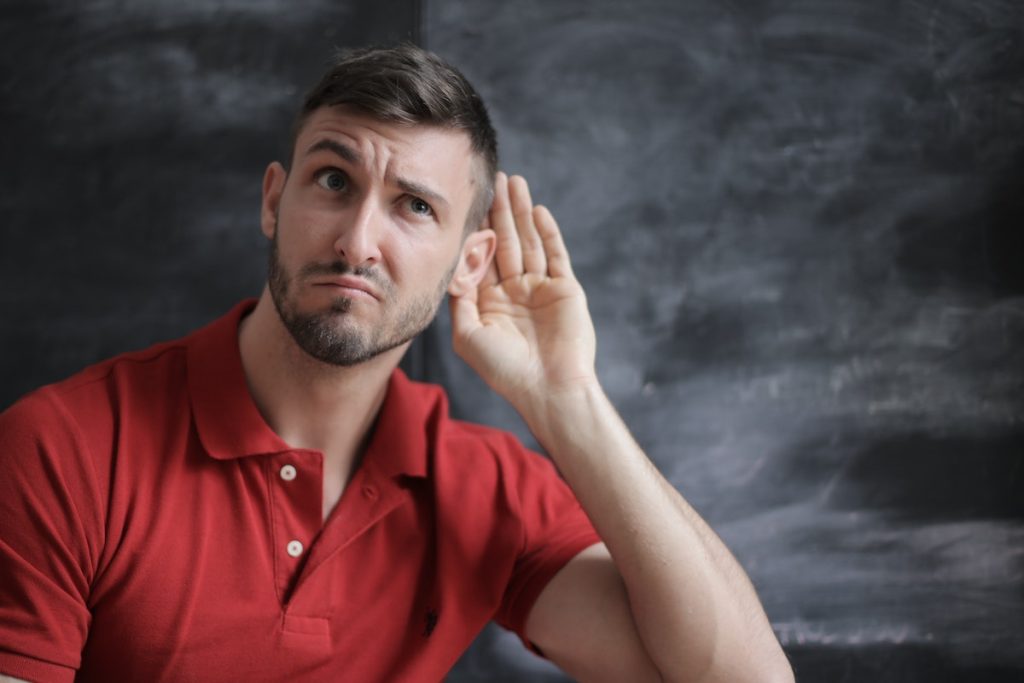- Nurture your ears by practicing proper hygiene, using safe ear-cleaning techniques, and protecting them from loud noise.
- Incorporate healthy lifestyle habits like exercise, a nutritious diet, and stress management to improve ear health.
- Listen safely with headphones or earplugs to avoid hearing damage from loud music or environments.
- Identify warning signs of hearing problems and seek professional help to prevent further damage.
- Include regular check-ups and screenings into your routine for early detection of abnormalities.
The human ear is one of the most important sensory organs, providing the ability to hear, balance, and, in turn, connect with the world around you.
Hearing helps people communicate with others, connect emotionally with music and the sounds of nature, and maintain overall balance in daily life. However, most people fail to appreciate the significance of ear health.
Consistent exposure to loud sounds, improper ear-cleaning techniques, and lack of caution in noisy environments can all cause damage to our ears.
Nurturing your ears is essential for preventing hearing loss and maintaining balance and overall well-being. Poor ear hygiene, excessive noise exposure, and lack of caution in dangerous environments can all lead to various ear-related issues, such as infections, tinnitus, hearing loss, and vertigo.
Proper Ear Hygiene
One of the most straightforward practices for maintaining ear health is ensuring proper ear hygiene. Cleaning your ears with cotton swabs, sharp objects, or other inappropriately-sized cleaning devices can cause severe damage to the ear canal.
Instead, use a soft, damp cloth or pouf to gently clean the outer part of your ear after a shower. You can also use hydrogen peroxide drops or other ear-cleaning solutions to aid the process.
Ear Wax Removal and Cleaning Techniques
Ear wax removal and cleaning techniques are essential for maintaining optimal ear health and preventing discomfort and hearing issues.
It is a natural part of the ear’s defense mechanism, but excess ear wax can lead to discomfort, hearing issues, and infections. Regularly clean your ears with a gentle, safe ear-cleaning solution to avoid these issues.
While it may be necessary to remove ear wax in certain situations, it is crucial to exercise caution and avoid inserting cotton swabs or sharp instruments into the ear canal. These can push the wax deeper into the ear or cause injury to the delicate structures of the ear.
Protecting Your Ears From Excessive Noise and Environmental Hazards
Excessive noise exposure can lead to hearing loss, tinnitus, and other ear-related issues, so protecting your ears is essential. Use earplugs or protective gear when working in loud environments, such as concerts, construction sites, and sporting events.
Limit exposure to noisy environments and consider investing in noise-canceling headphones or earplugs for daily use.

Adopting Healthy Habits
Adopting a healthy lifestyle focusing on exercise, a healthy diet, and stress management can significantly impact your overall well-being, including ear health. Exercise helps to improve circulation in the ears, which can help reduce the risk of hearing loss.
A diet that contains essential nutrients and antioxidants can also improve ear health and support healing. Stress management techniques like meditation and yoga can enhance well-being and help prevent ear-related stress.
Listening Habits for Healthy Ears
How you listen to music or other audio dramatically affects the health of your ears. With technological advancement, people tend to listen to music using earbuds and headphones that emit excessive sound levels.
Safe listening practices are essential to help prevent or mitigate hearing loss. Wearing earplugs in noisy environments such as concerts or work settings, keeping a safe distance away from loud sound sources, and avoiding loud noises are safe listening practices.
Hearing problems can go unnoticed unless and until it reaches a severe stage. However, identifying early warning signs such as difficulty hearing in crowded spaces, frequently asking people to repeat themselves, and ringing in ears can help prevent further damage by contacting competent health professionals.
Seeking professional help and attending regular check-ups are crucial to maintaining ear health.
Nurturing Your Ears Throughout Life
Ear care is essential throughout life; it is never too early or late to start. Although ear care priorities may change depending on the stage of life, it is crucial to make it a lifelong habit.
Ear Care Considerations at Different Life Stages
Different stages of life pose various ear care considerations. For instance, newborn babies may have a buildup of wax that needs delicate cleaning, whereas older adults are more susceptible to age-related hearing loss and require more attentive care.
In the teenage years, frequent concerts and gigs could lead to hearing damage that needs preventive maintenance.
Tips for Maintaining Ear Health in Various Environments and Activities
Maintaining ear health while doing recreational activities such as swimming, biking, and flying or working in noisy environments such as factories or construction sites requires different preventive care strategies.
Using earplugs, earmuffs, and other hearing protection measures, switching to quieter equipment, and taking breaks can help prevent hearing damage in such environments.

Incorporating Regular Check-Ups and Screenings Into Your Ear Care Routine
Finally, regular check-ups and screenings are essential to identify early-warning signs of hearing loss and other ear-related problems. Making these check-ups a part of your ear care routine could help prevent further hearing damage by detecting abnormalities early.
In conclusion, nurturing your ears should be a lifelong habit that includes maintaining healthy listening practices, adopting safe listening practices, active communication, identifying early-warning signs of hearing loss, seeking professional medical help, and regular check-ups and screenings.
Moreover, proper ear hygiene, safe and gentle ear wax removal and cleaning techniques, protecting our ears from excessive noise and environmental hazards, and adopting a healthy lifestyle is vital to maintaining ear health.
By incorporating these habits into your lifestyle and making them a priority, you can enjoy healthy hearing and avoid hearing loss that could affect your life quality significantly.


